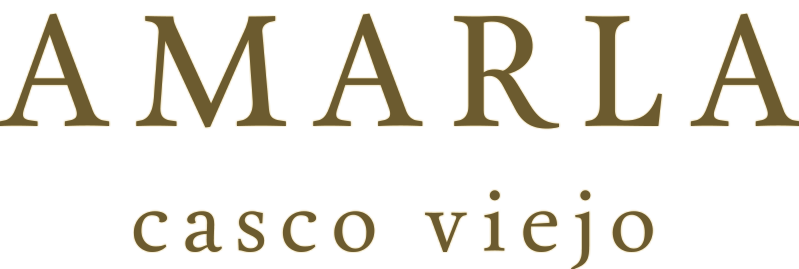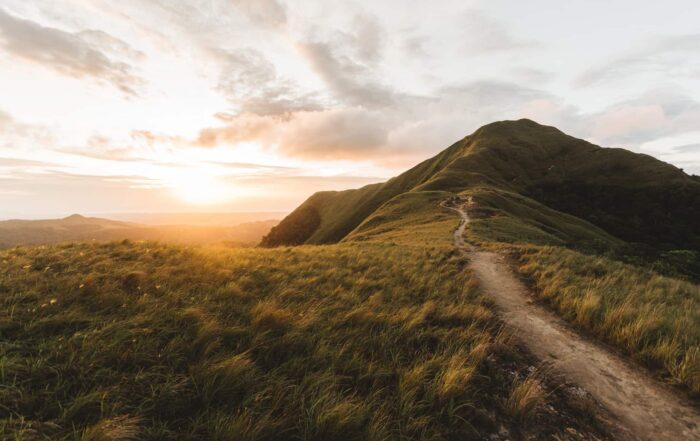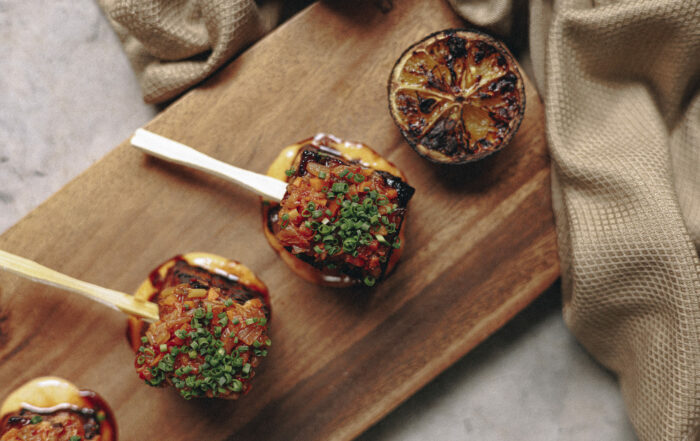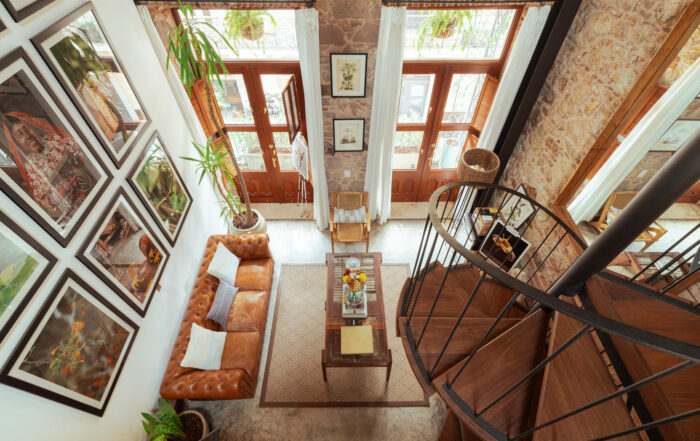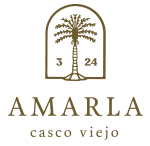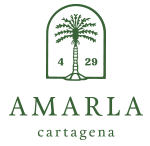PANAMA COFFEE
WHY DOES PANAMA PRODUCE THE
MOST EXPENSIVE COFFEE IN THE WORLD
The world’s caffeine aficionados have consistently voted Panamanian coffee the most desirable on earth in the only way that really counts, with their wallets. The highest price so far was reached in September 2021 two buyers from China and New Zealand bid an astronomical $2,568 per pound of Nuguo Fermented beans.
You might be surprised. Panama produces just 0.1% of the world’s coffee. But, being small means being able to focus on quality above all else. At Amarla Casco Viejo as a Panamanian boutique hotel we can relate to that, but we’re definitely not the only ones with a passion for Panamanian coffee.
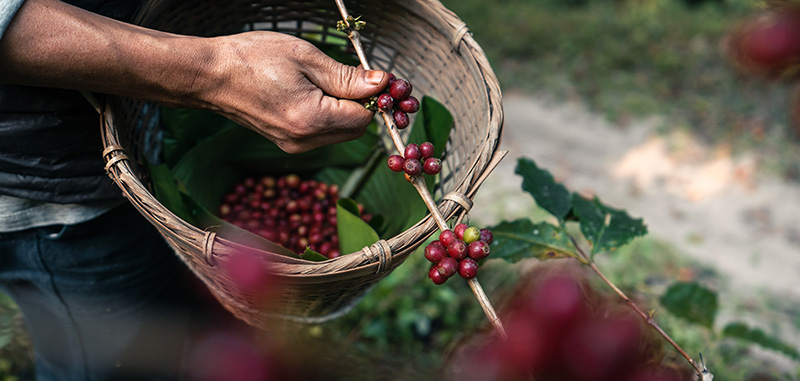
NUGUO FERMENTED BEANS
The world’s most expensive batch of beans came from a small estate surrounded by forest on the edge of the La Amistad International Park in the far north east of Panama. At the auction just 100 pounds of the precious coffee was available. This was split evenly between the buyers. The beans they had been so determined to buy had been harvested ripe in March and April before being fermented in warm water for several days, then dried in a controlled environment for two months and, finally, meticulously sorted by hand. The successful bidders at the auction bought the beans green and unroasted.
Producing the world’s most valuable coffee is a remarkable achievement for a country which has no obvious ‘cafe culture’. This isn’t Brooklyn, Shoreditch or Milan. You won’t find artisan roasteries on every corner. Panama only produces 0.1% of the world’s supply. Until quite recently our coffee was little-known in the outside world. Even now, if you’re not in Panama, you won’t find our beans on the shelves of your supermarket or even, unless you’re extremely lucky, in many gourmet outlets.
‘We love our coffee so much we’ve even bought a small farm in Boquete where we’ll grow our own beans along with fresh produce for our Kaandela Restaurant.’
– Amarla Boutique Hotel
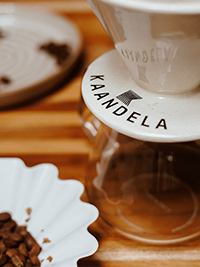
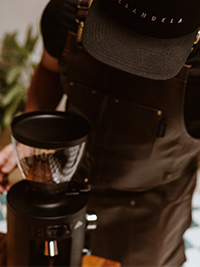
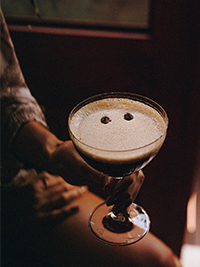
TASTE IT FOR YOURSELF
As a guest at Panama’s Amarla Casca Viejo Boutique Hotel, however, you will have the opportunity to experience some of our country’s finest brews using Pacamara, Catuai and Geisha beans. It’s part of breakfast and provided in every room. Unusually, compared with other hotels, this is an inclusive part of our service available at no extra charge. And we go a little bit further to make sure you enjoy the experience to the fullest.
We’ve created an in-room system to simplify the science behind the perfect brew. Every day you’ll be provided with freshly-ground measured portions of single-estate Panamanian coffee. To ensure the temperature, water ratio and drip speed is perfect every room has its own special coffee kettle and V60 pour-over coffee cone. All you have to do is follow the simple written instructions or our specially-created short video to create perhaps the best cup of coffee you’ve ever sipped. Of course it’ll taste just as good with your breakfast, but then you’ll be leaving the preparation to somebody else. Either way it will be delicious.
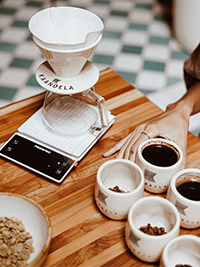
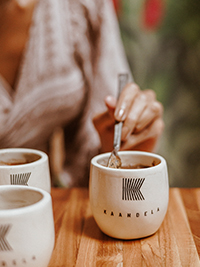
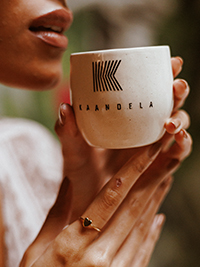
THE SECRET OF PANAMA’S SUCESS
But, what is it about Panama’s coffee that makes it so desirable to aficionados? We’re not one of the world’s caffeine superpowers, we’re not even in the top 25 national producers, a tiny minnow compared with the likes of Brazil, Colombia or Vietnam. Funnily enough, though, our size is part of the secret of our success.
Panama has been growing coffee since at least the 19th century when it was brought over from Africa by a retired English sea captain and his Panamanian wife. The first couple of hundred years of cultivation was pretty unexceptional. It was grown on family farms which sold most of their produce locally. A small amount was exported, but most just disappeared into nondescript Latin American blends.
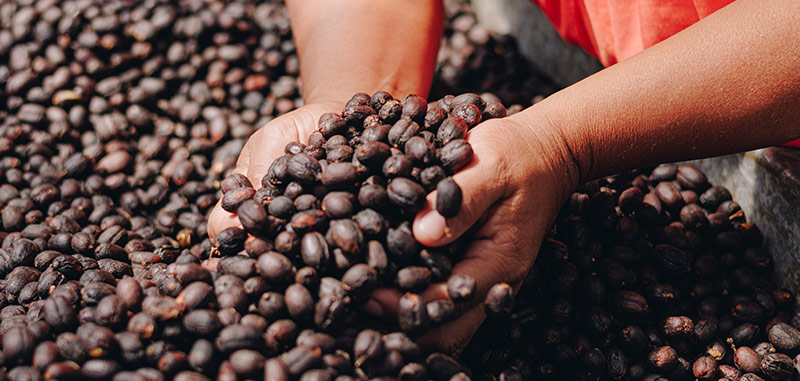
HIGH QUALITY, SMALL BATCH COFFEE
There’s a lot more to Panamanian coffee than your normal cup of joe. In 1997, seven producers in the Boquete and Volcan–Candela regions came together to form the Specialty Coffee Association of Panama (SCAP). They decided to focus on quality over quantity. This strategy was devised in order to play to their strengths, and the gamble payed off. Unlike their larger competitors with their giant plantations, they dealt with much smaller plantations that were mostly independent, family run businesses. Many of these are located near or based around the edge of the stunning Amistad International Park, which is part of one of the most important biospheres of Central America. This is because it is situated in the ‘green belt’, which is an area that is typically located 25° north and 30° south of the equator and is famous for providing some of the world’s most ideal coffee-growing conditions. The launch of SCAP also came at a time of growing global interest in specialty coffee traceable to single estates.
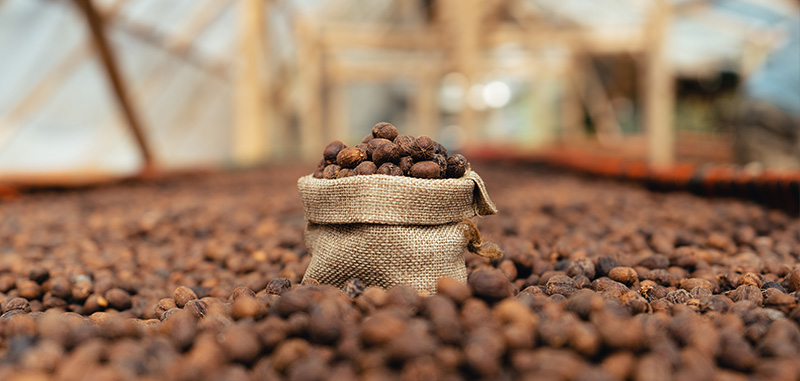
It has to be said, SCAP’s strategy has been a resounding success with Panama’s high-quality, small batch, coffees consistently fetching the world’s highest prices at auction. Most of the beans come from the Gesha or Geisha plant which originated in the Gori Gesha forest of Ethiopia. Gesha coffee is known for its complex fruit and spice flavors. The Panamanian variety has a unique and verifiable genetic fingerprint. These are enhanced by the fermentation process used by Finca Nuguo. You might think this sounds as if it is a centuries-old traditional method. It isn’t. The process has only been developed quite recently in part to mimic ‘civet coffee’ without the yuck factor of a drink made from animal excrement. The fermentation process, however, is risky for the producer as there is not much room for error and many factors that can go wrong and ruin the whole batch. This is one reason why the large producers of coffee have not been able to compete with Panama’s nimble infrastructure of family coffee businesses.
‘We believe, the best way to find out if Panama’s coffee is as good as its reputation and that’s to taste it in its country of origin.’
– Amarla Boutique Hotel
